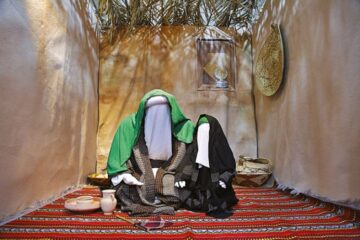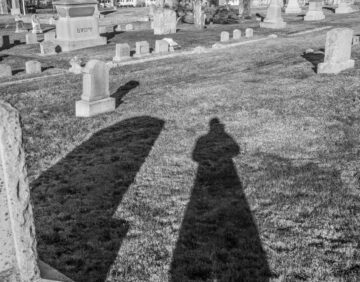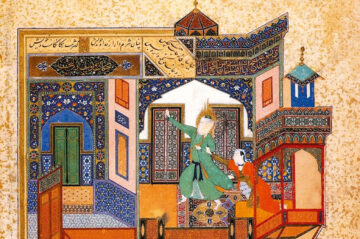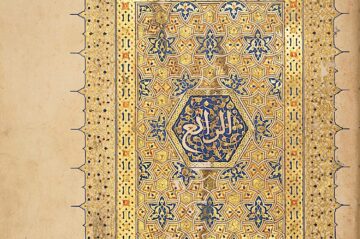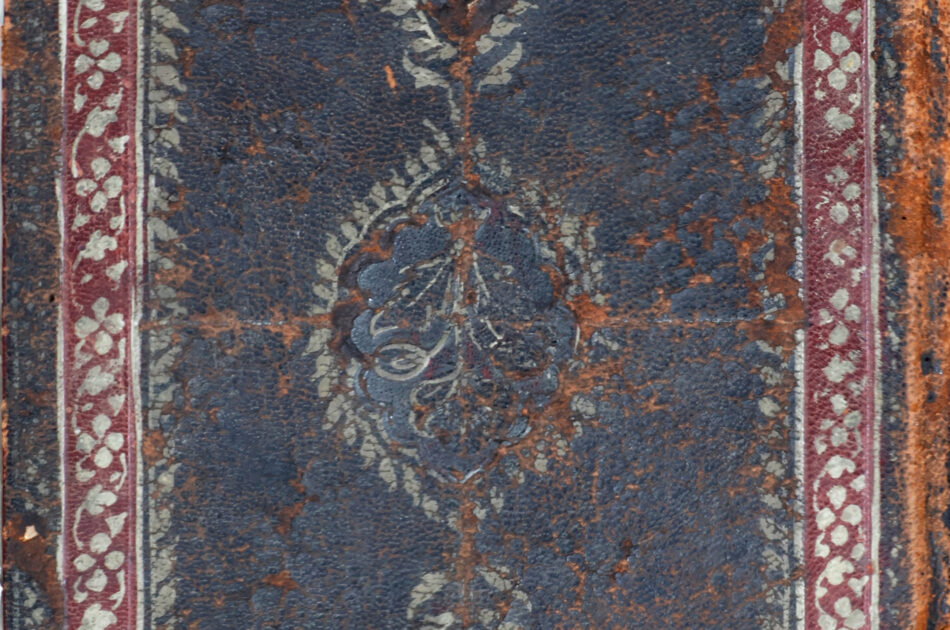
-
Status
Applications Open -
Date
13 Feb 2025 -
Location
Online
This lecture will be held online via Zoom, at 17.00 GMT
Among the minor treatises of al-Sijistani, the important and influential 10th century Ismaili daʿi, one that he entitled Sullam al-najat (Ladder to salvation), although long available in Mohamed Alibhai’s 1983 Harvard doctoral dissertation, has not received nearly the attention it should. As a result of a new investigation, in fact a new edition of the Arabic, Paul Walker reveals and documents how its author understood the role of the Qāʾim, based first on what this text says about him and then offers some thoughts about what it might indicate about a dramatic shift in Ismaili doctrine during the author’s era.
Islamic History and Thought Lecture Series
IHTLS is designed to invite scholars of various international academic institutions specialising in intellectual, social and political aspects of medieval and early modern Islamic societies to present and discuss their research. IHTLS is hosted by The Institute of Ismaili Studies (London) and convened by Dr Orkhan Mir-Kasimov since November 2023 (previously by Dr Fârès Gillon).
Find out more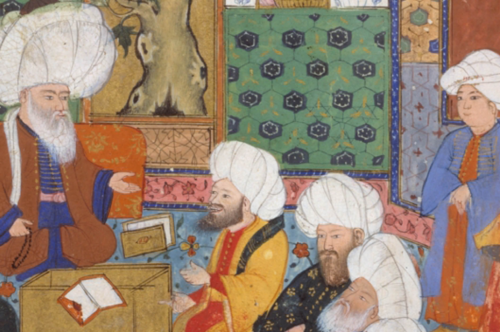
Speakers

Paul Walker
Paul Walker is well known for his many publications on Ismaili and Fatimid topics, among them Early Philosophical Shiism (Cambridge University Press, 1993), The Advent of the FatimidsMajor Muslim dynasty of Ismaili caliphs in North Africa (from 909) and later in Egypt (973–1171) More (2000), Orations of the Fatimid Caliphs (2009), Master of the Age (2007), and most recently, The Fatimids; Select papers on their governing institutions, social and cultural organization, religious appeal, and rivalries (Brill, 2023). He is currently Deputy Director for Academic Programs, Center for Middle Eastern Studies, University of Chicago.

Dr Fârès Gillon
Fârès Gillon is maître de conférences in Islamic Studies and Arabic language at Aix-Marseille University. He obtained his doctorate in Arab and Islamic studies from the École Pratique des Hautes Études (EPHE, PSL). His recent publications include The Book of Unveiling, Early Fatimid Ismaili Doctrine in the Kitāb al-Kashf, attributed to Jaʿfar b. Manṣūr al-Yaman (2024). His research focuses primarily on Fatimid Ismailism, especially in its relations with its Shiʿi roots and with the parallel tradition of Nusayrism on which he has published several scholarly articles. He is also interested in the history of ideas in Islam, as well as in Islamic philosophy. He co-edited, with Mathieu Terrier, a bilingual anthology of philosophy in Islam (forthcoming).
Cover image: Cover of Sullam al-najāh. MS 716 of the Ismaili Special Collections.
Please note filming and photography may take place during the event, and be used across our website, newsletters and social media accounts. These could include broad shots of the audience and lecture theatre, speakers during the talk, and of audience members participating in Q&A.
Views expressed in this lecture are those of the presenting scholars, not necessarily of IIS, the Ismaili community or its leadership. Promotion of this lecture is not an explicit endorsement of the ideas presented.

